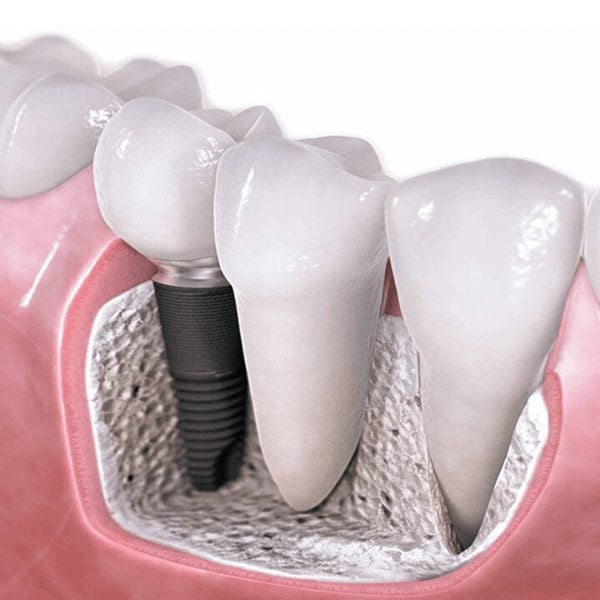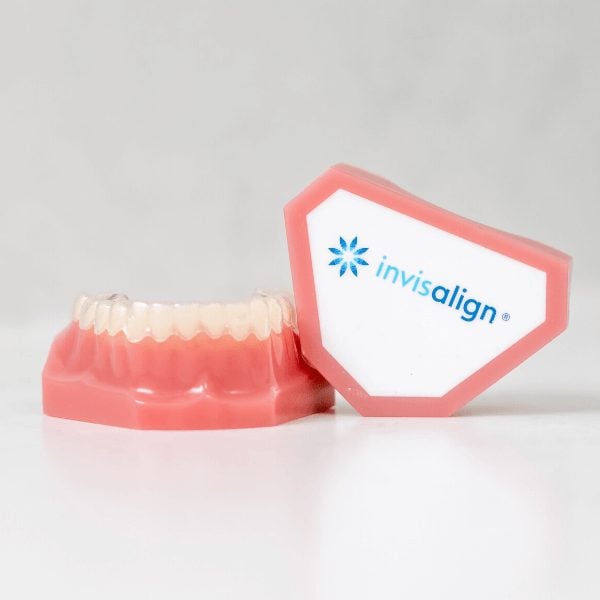Dental Implant Surgery: What to Expect During the Procedure

Dental Implant Surgery: What to Expect During the Procedure
Are you considering dental implant surgery but feeling anxious about what to expect during the procedure? Don’t worry, you’re not alone! Dental implant surgery is a common dental procedure that replaces missing teeth with artificial ones that look and function like natural teeth. It’s a safe, highly successful and effective treatment option, but it’s common to have questions and concerns about what the process entails.
In this article, we’ll discuss everything you need to know about dental implant surgery, from the initial consultation to the day of the procedure. We’ll cover the different stages of the surgery, what to expect during each one, and provide tips for a smooth and successful recovery. So, let’s dive in and ease your worries about dental implant surgery!
The Dental Implant Procedure Explained
Once you’ve been cleared for dental implants, the next step is to schedule the surgery. On the day of the procedure, you’ll be given anesthesia to ensure that you’re comfortable and pain-free during the surgery. Your dentist will make an incision in your gum tissue to expose the jawbone, and then drill a small hole into the bone where the implant will be placed. Once the implant is in place, your dentist will close the incision with sutures and place a temporary crown on top of the implant.
After the implant surgery, you’ll need to allow time for the implant to fuse with the jawbone. This process, called osseointegration, can take several months. Once the implant has fused with the jawbone, you’ll return to your dentist to have the temporary crown replaced with a permanent one.

Preparing for Dental Implant Surgery
You’ll also need to arrange for someone to drive you to and from the surgery, as you’ll be under the effects of anesthesia and unable to drive yourself. Additionally, you should wear loose, comfortable clothing to the surgery and avoid wearing jewellery or contact lenses.
Anesthesia Options for Dental Implant Surgery
Your dentist will discuss your options with you and help you choose the anesthesia that’s right for you based on your medical history and personal preferences.
Steps Involved in Dental Implant Surgery
- Initial Consultation: During the initial consultation, your dentist will evaluate whether you’re a good candidate for dental implants.
- Anesthesia: On the day of the procedure, you’ll be given anesthesia to ensure that you’re comfortable and pain-free during the surgery.
- Incision: Your dentist will make an incision in your gum tissue to expose the jawbone.
- Drilling: A small hole will be drilled into the bone where the implant will be placed.
- Implant Placement: The implant will be placed into the hole in the jawbone.
- Closing the Incision: Your dentist will close the incision with sutures.
- Temporary Crown Placement: A temporary crown will be placed on top of the implant.
- Osseointegration: You’ll need to allow time for the implant to fuse with the jawbone.
- Permanent Crown Placement: Once the implant has fused with the jawbone, the temporary crown will be replaced with a permanent one.
Healing and Recovery After Dental Implant Surgery
You should also rest and take it easy for a few days after the surgery to allow your body to heal. Avoid any strenuous activity or exercise for at least a week after the surgery. It’s also important to avoid smoking or using tobacco products during the healing process, as this can slow down the healing and increase the risk of complications.
Caring for Dental Implants Post-Surgery
In addition to practicing good oral hygiene habits, you should also be aware of any signs of potential problems with your implants, such as pain, swelling, or bleeding. If you experience any of these symptoms, contact your dentist right away for an evaluation.
Risks and Complications of Dental Implant Surgery
Alternatives to Dental Implant Surgery
- Dentures
- Partial dentures
- Bridges
It’s best to discuss alternative options with your dentist to help you determine which solution is best for your individual needs and preferences.
Are you ready for dental implant surgery?
If you want to know about dental implant surgery and if it’s right for you, we would love to help. Simply complete the form at the bottom of this page, give us a call, or send us a direct message on social media, and we will help you organise an appointment at our Melbourne clinic.
Disclaimer: The material posted is for informational purposes only and is not intended to substitute for professional medical advice, diagnosis or treatment. Results vary with each patient. Any dental procedure carries risks and benefits. If you have any specific questions about any dental and/or medical matter, you should consult your dentist, physician or other professional healthcare providers.
Services we mentioned:

Dental Implants

Dental Sedation

Invisalign
Related Articles
What is All on 4 Dental Implants? What You Need to Know
Discover the cost of Invisalign in Melbourne with our comprehensive guide. From pricing & payment options to finding the perfect Invisalign dentist.
Breaking Down the Cost of Veneers in Melbourne
Discover the cost of Invisalign in Melbourne with our comprehensive guide. From pricing & payment options to finding the perfect Invisalign dentist.











